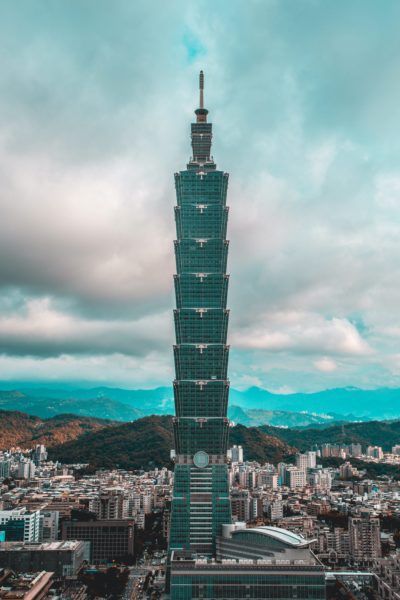Taiwan, Australia, and COVID-19

This year I am honored to be a Taiwan Fellow, and am planning to travel to National Taiwan University in Taipei, to work on a research project about how Taiwan used digital tools to control COVID-19. I say “planning” because Taiwan recently closed its borders. For over a year Taiwan had controlled the virus, which was ravaging the United States, Europe and South America. How did Taiwan do so well for so long, only for its public health efforts to unravel in the end?
Taiwan’s intelligence services notified the country’s leadership of an unusual outbreak in China relatively early in the COVID-19 outbreak. Taiwan quickly controlled its borders and notified other countries of the danger. It adopted digital tools to enforce quarantines and permit contact tracing. All travelers entered into quarantine hotels. This response worked, and Taiwan was free of sustained community transition for over a year.
Then -as in Australia- the system around quarantine hotels broke down. A local hotel by the airport wanted to find more customers. So they advertised that people could come to stay at their airport hotel, where people could watch the planes take off and land. They even advertised with financial support from local government. The people came and stayed. And then they left and went to museums, tea houses (brothels for an older clientele) and a masonic lodge meeting. Only later watching the local news did they find out that they had paid to stay at a quarantine hotel. While the people had not been hosted on the same floors as the air crews, they were in the same building. …
